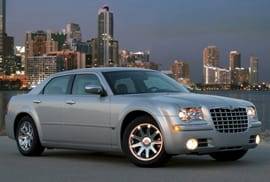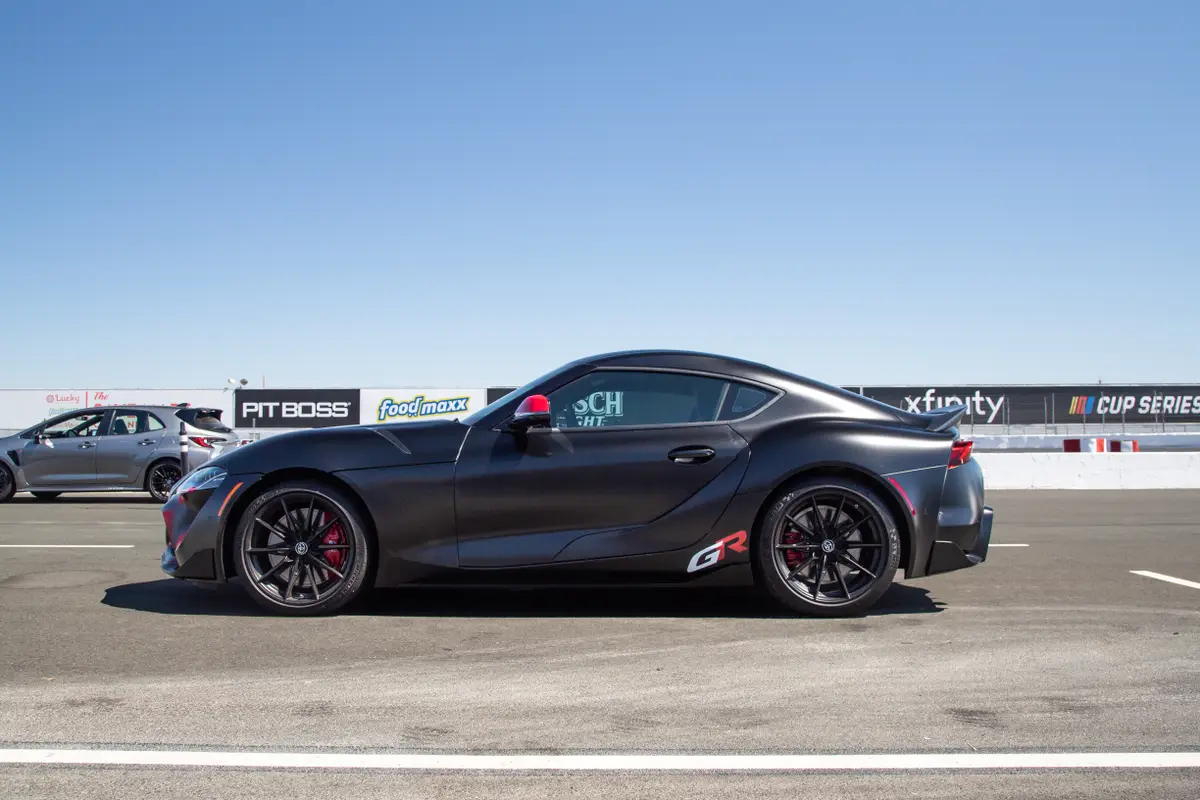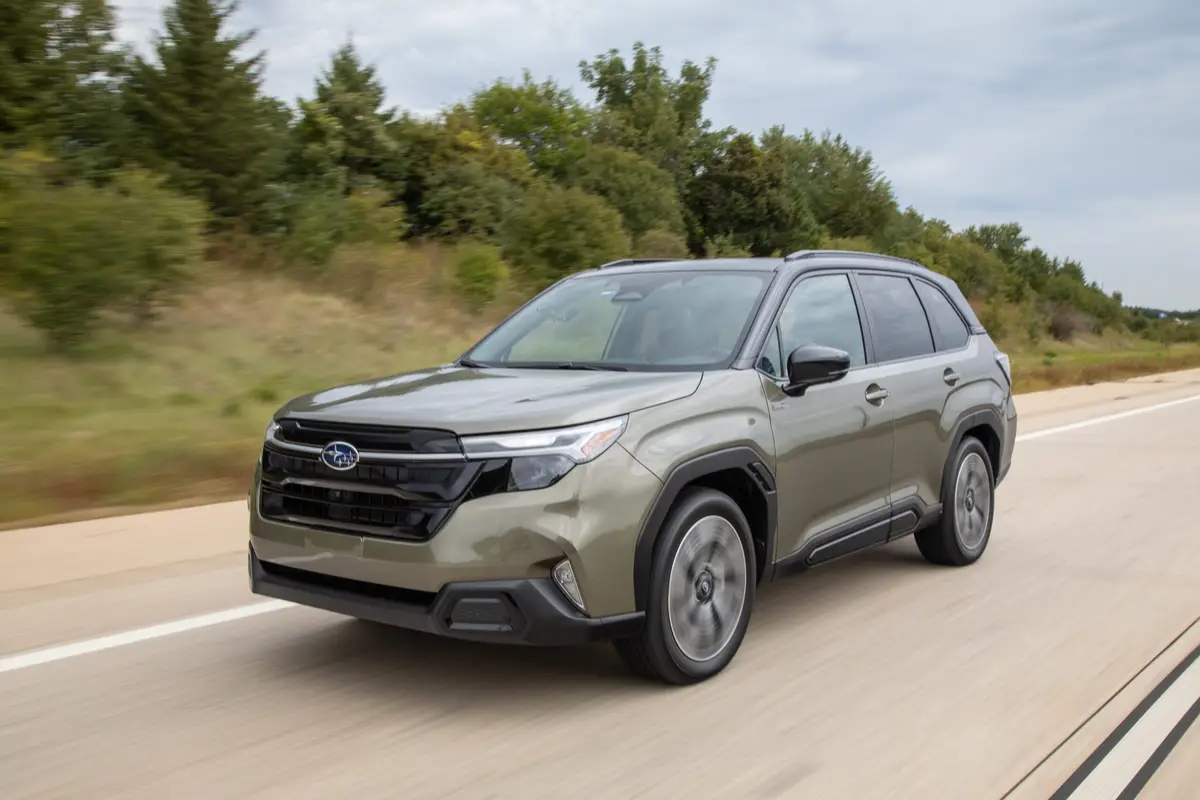Merger Rumors Prompt Worries About Warranties

If there weren’t already enough reasons for people to hold off on buying a new car, rumors about a potential merger between GM and Chrysler have brought up even more doubts for consumers.
The possibility of GM acquiring Chrysler raises many questions, but those who follow the industry insist one of the questions people who just bought or are about to buy a new Chrysler vehicle should not worry about is what will happen to their warranty coverage should another automaker purchase Chrysler.
Joe Phillippi, principal with automotive research and consulting firm AutoTrends, says all automakers keep a warranty reserve to cover the cost of warranty expenses, and that Chrysler’s reserve initially would be used to handle claims, but in the case of a merger the buying company would assume responsibility.
“If a company like GM buys Chrysler from Cerberus, then the buying company assumes all the assets as well as the liabilities, and warranties are among the liabilities. So funding warranties shouldn’t be a problem or a concern,” said Jim Hossack, vice president of AutoPacific Inc. marketing and product consultants.
“Legally, new owners would be contractually obligated under dealer franchise laws to handle warranty claims,” agreed Aaron Bragman, analyst with Global Insight.
If a buyer — say GM — were to purchase Chrysler and opt to shed the Chrysler, Dodge or Jeep brands, or even two of the three, it still would be obligated to cover the warranty on all three, Bragman said, noting that when GM closed Oldsmobile, other GM brand dealers handled warranty claims on Olds vehicles.
GM paid out more than $1 billion to dealers to close Olds, which is part of why it’s fought off demands by critics to shed other brands over the years.
“If GM bought Chrysler and then started shedding some brands, I don’t know how it would get rid of the dealers,” Hossack said. “It might not cost as much to buy them out because a lot of dealers are unprofitable now, but there still are a lot of them. You could keep the dealers, just not give them any new product so they eventually wither and go out of business.”
One potential problem would be if Chrysler declared bankruptcy before another company bought it. Then consumers with warranty claims would have to get in line with other creditors in trying to get their money because the buyer wouldn’t be obligated to handle warranties.
Several years ago, Daewoo of South Korea declared bankruptcy before being acquired by GM, which absolved GM of honoring any dealer or consumer claims.
“But I don’t see bankruptcy as a fear or a concern,” Hossack said. “Chrysler has enough money to get by for the next couple of years, and in a couple of years the market can bounce back and things [can] get better.”
One lingering problem until the fate of Chrysler is resolved, however, is the negative impact on resale values when consumers are uncertain about the fate of a company.
“Consumers typically shy away from a brand if they aren’t certain how long it will be around, and as a result that has a negative effect on resale values and is a bigger concern than warranties,” Bragman said.
Whatever the outcome, one thing is certain.
“It’s going to take the lawyers to finally resolve all this,” Hossack said.
Featured stories




